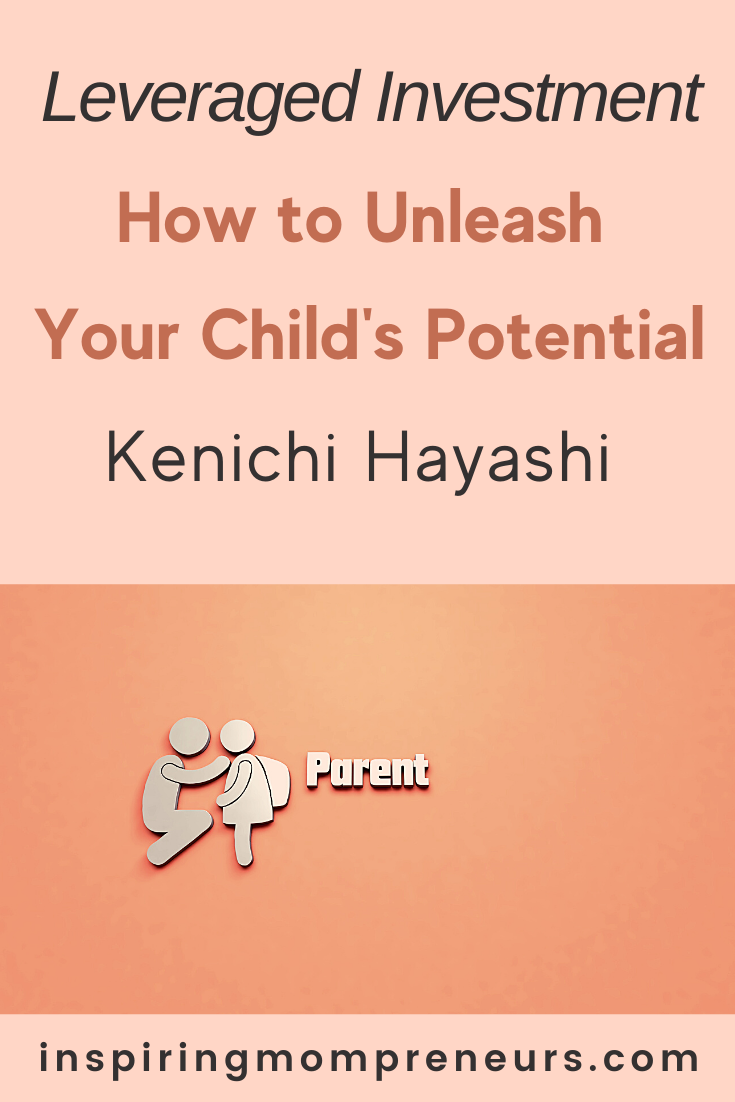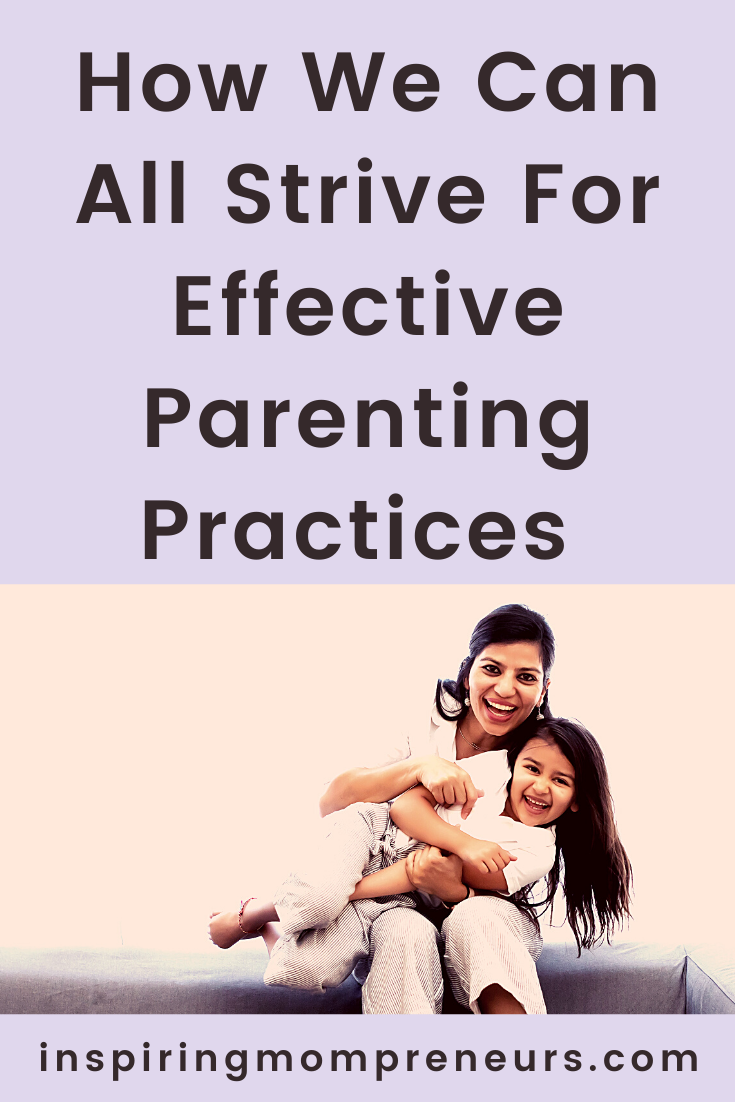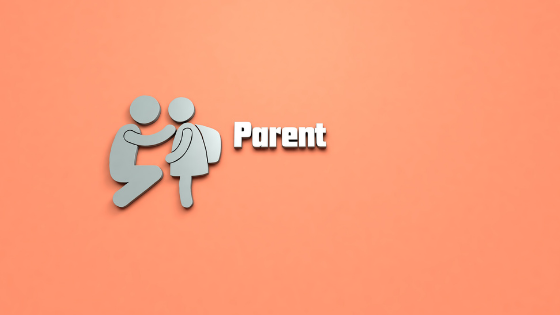How We Can All Strive For Effective Parenting Practices and Healthy Development for Family Members
The early years of a child’s life are crucial to his or her health and development. Healthy development means that children of all abilities, including those with special health care needs, are able to grow up without any issues for their social, emotional, and educational well-being.

How to Unleash Your Child’s Potential – Kenichi Hayashi
We caught up with the Kenichi Hayashi interview on How to Unleash Your Children’s Potential on Yahoo News and Boston Radio Station WNTN1550AM.
Kenichi Hayashi is the Author of “Leveraged Investment – How to Unleash Your Child’s Potential” and in the interview, he voiced his take on how parents can approach a child’s wellbeing and achieve balanced family health.
“And then the idea popped into my mind, I had an aha moment. In an instant, I realized that what my parents did to me is the same as what I’m doing to my children. I took a reckoning of my role in my children’s life and felt that I’m the sole person responsible for widening their potential or narrowing it down. I had to remove my own frame of reference, otherwise, I would never be able to bring the change I wanted to bring.”
Kenichi provides more insight stating:
I would like to contribute to early childhood education to nurture children with a rich mind.
When it comes to growing, one of the takeaways many of us have learned is that “getting out of a comfortable environment” causes adolescents and adults to clear out past thoughts and beliefs. It promotes growth.
Related: How Early Childhood Education Aids Effective Socialisation

Early Childhood Development
Here are some prime moments in a child’s early development where they can be impacted (positively or negatively):
- Influence of the mother through the placenta from the time the child is in utero (in utero education)
- The formation of synaptic networks that control memory in the brain is markedly increased during childhood (early childhood education).
- Programming in childhood has a significant impact on adolescence and beyond (preventive medicine)
- Future health and susceptibility to certain diseases are strongly influenced by the environment in the fetal period and the early postnatal period (DOHaD hypothesis).
- In the age of VUCA (Volatility, Uncertainty, Complexity and Ambiguity), zero-based thinking, liberal arts, and entrepreneurship are the methodologies to encourage innovation and diversity
- To support and back the children of the next generation so that they can all laugh and live a vibrant life (Vision)
- Balancing conflicts to find the truth (Values, Action Guidelines)
- Time is finite. Focus on the things that grow most exponentially with time (Values, Action Guidelines)
Of all the ways mothers and fathers can work together to contribute to their children’s education, what ways does Kenichi Hayashi currently use and recommend?
Kenichi provides several simple, but effective methods in his book.
Here, we will discuss one of them…
Mothers and Fathers Enjoying Life
Let’s start by considering this question: How do children dream about their future?
Most children try to emulate and achieve the things they value in their elders: parents, grandparents, older siblings, peers, or teachers.
Children have excellent observation skills. They learn about what it is to be an adult, and what their future could like from both verbal and non-verbal communication.
It’s not just what you say to your children but what you do and how you feel that matters. Children learn what they want and don’t want from how they see their parents experiencing life.
If they don’t see their parents happy and enjoying life, they will look for role models elsewhere.
The Gap
Let’s take one example. In many parts of the world right now, the number one occupation children want to have is to become a YouTuber.
Children see their parents as not having fun. And YouTubers seem to be having more fun than their parents seem to have.
Their parents, on the other hand, are struggling with the realities of life, such as the chaos caused by Coronavirus and may be feeling stressed and demotivated.
The problem lies in the gap.
This gap creates a rift in the thinking of parents and children and daily communication breaks down.
As this gap accumulates year after year, like compound interest, the child begins to develop problematic behaviour.
That’s just one of the signs. But by then, it’s too late, isn’t it?
Related: How Do You Know if You’re Getting Parenting Right?

How to Minimise the Gap
Is there anything we can do in our daily lives to reduce the gap?
In Adlerian Psychology, self-acceptance is one answer.
Alfred Adler’s theory was that all children feel inferior because they are surrounded by smarter, stronger people.
This sense of inferiority motivates children to try to achieve success in their lives.
As a child achieves their goals, their feelings of inferiority lessen and they develop self-confidence.
However, some children feel defeated by their lack of success and develop low self-esteem and an inferiority complex. Others may develop a superiority complex, where they are constantly needing to strive for higher goals, yet never feel confident or satisfied with their achievements.
It Starts with Self-Acceptance
When you show you like yourself and your life, your child sees this and feels this.
Kenichi’s advice is to make “I like it” your new mantra.
When you have something you want to say, say “I like it”.
Saying this phrase often has two effects:
- To raise your self-esteem (“I like me”), and
- To make you think about the reasons why you like it (I like it because…”)
This is how you can become a mother (or father) enjoying life and therefore, the role model your child wants to follow.
How to Build Your Child’s Self-Esteem
In the same way, when your children offer up a point of view, say, “I like it”.
Show your children you value what they have to say.
When they show you what they made or tell you what they achieved, say “I like it”.
Show an interest in their interests. Celebrate their successes with them.
You can help build your child’s self-esteem by re-inforcing all the things you like about them.
Over time, practicing the philosophy of “I like it” translates into “I like life” and, more importantly, “I like you”.
Effective Parenting Practices
Parenting takes many different forms. However, some positive parenting practices work well across diverse families and in diverse settings when providing care children need to be happy and healthy and to grow and develop well.
It’s worth researching the evidence in scientific publications for what works to find those key ways we as parents can support our child’s healthy development.


